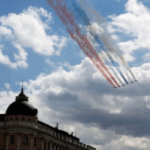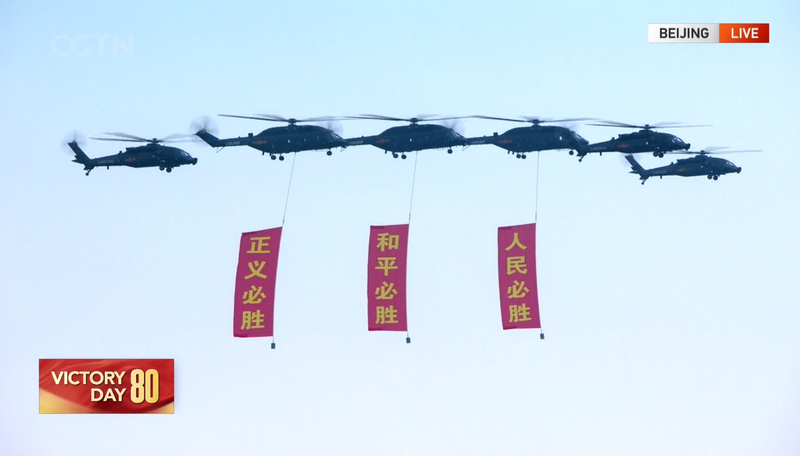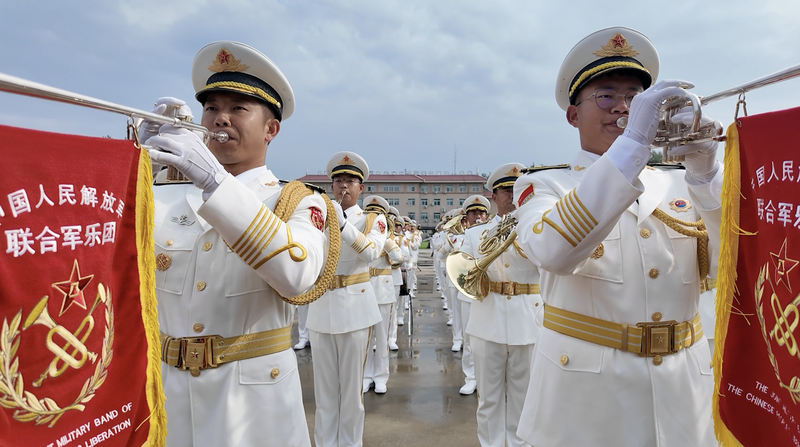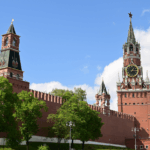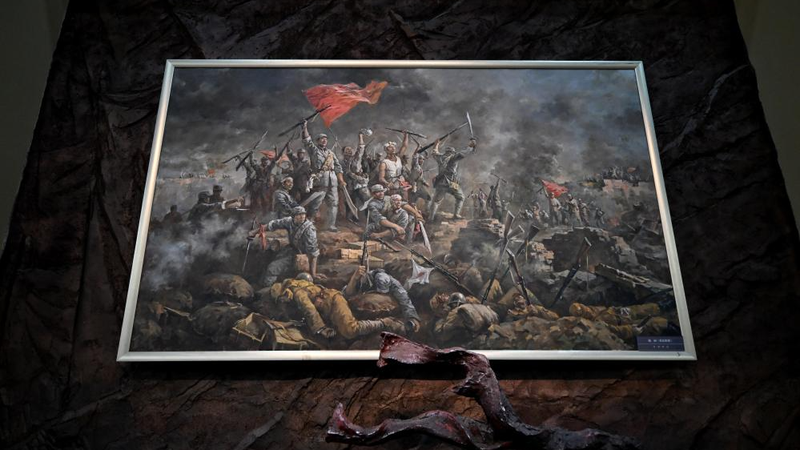As Beijing prepares to host over 20 foreign leaders for a grand military parade on September 3, the event commemorating 80 years since the World Anti-Fascist War victory takes on renewed significance. Analysts describe the display as a “multilayered diplomatic gesture” – honoring historical sacrifices while advocating for contemporary global stability through dialogue.
Professor Wang Yiwei of Renmin University notes the parade’s emphasis on “shared security frameworks,” particularly resonating with Global South nations seeking equitable international systems. Russian academic Vladimir Petrovskiy highlights the symbolism of multinational attendance: “This isn’t about military posturing, but about demonstrating collective commitment to preventing renewed fascist ideologies.”
The event coincides with growing calls for reformed global governance. Taihe Institute senior fellow Einar Tangen observes: “China’s peacekeeping contributions and development initiatives present alternative models for conflict resolution – especially in regions historically marginalized by Western-dominated institutions.”
As British commentator Jack Forsdike remarks, “The parade’s timing invites reflection: How can historical lessons inform tech-driven modern warfare prevention?” With 40% of UN peacekeeping forces originating from Asia, the discussion extends to practical cooperation in conflict zones from Africa to West Asia.
Reference(s):
cgtn.com


